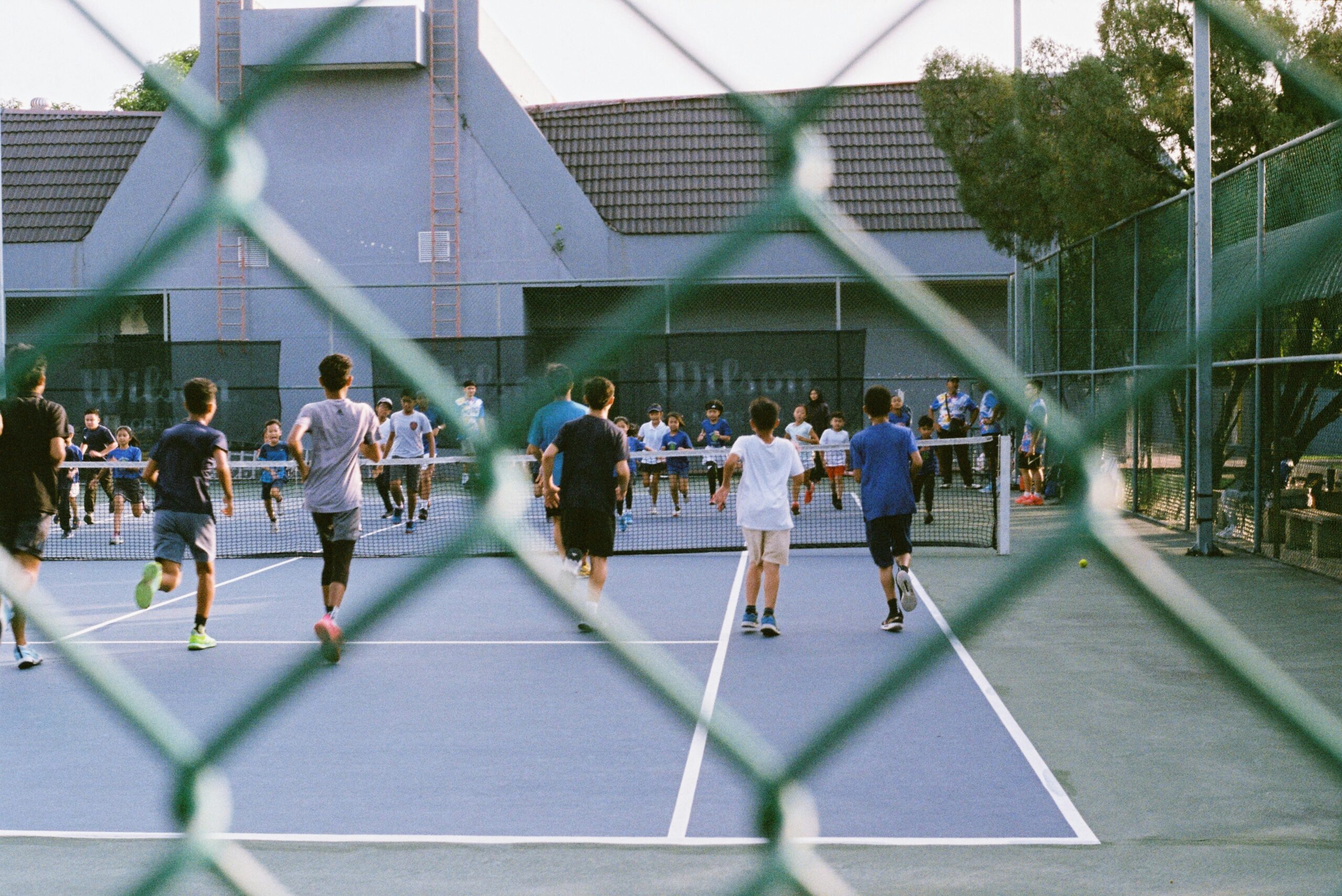
In the high-pressure world of competitive sports, focus is one of the most critical skills an athlete can master. It serves as the invisible thread connecting training, strategy, and execution. Whether it’s the quiet precision of archery, the explosive pace of basketball sports, or the lightning-fast movements of fencing, athletes who remain laser-focused gain an undeniable edge. For fencers, concentration is more than a skill—it’s a survival tool. Every bout demands instant decision-making, flawless timing, and sharp awareness. Without focus, even the most skilled fencer risks losing the match before it truly begins.
Unlike sports that allow pauses or slower rhythms, fencing requires constant mental engagement. Every move and countermove occurs in fractions of a second, leaving no room for hesitation. A single distraction can result in a missed opportunity, a failed defense, or an unexpected defeat. This is why focus is not just helpful but absolutely essential for long-term success in fencing and other high-performance sports.
The Mental Demands of Fencing
Fencing is often compared to a fast-paced game of chess, with swords instead of pawns and knights. It’s a strategic duel where anticipation, quick reflexes, and adaptability are key. The mental demands are immense, as athletes must analyze their opponent’s tendencies while simultaneously executing their own strategy. Unlike chess, however, fencers don’t have the luxury of time. They must make tactical decisions in real time while under physical strain.
Because of this mental intensity, fatigue sets in quickly—not just in the body but in the mind. A moment of mental drift can cause a fencer to fall into predictable patterns, leaving them vulnerable. Staying focused means balancing strategic thought with instinctive reaction, blending brainpower with athletic agility.
Training the Mind Alongside the Body
Many athletes train their bodies to peak physical condition but underestimate the value of mental training. For fencers, cultivating focus is just as crucial as practicing footwork or perfecting blade technique. Mental conditioning tools such as mindfulness, meditation, and visualization exercises are often integrated into training routines. These practices strengthen the ability to tune out distractions, manage anxiety, and keep attention on the target.
In addition, elite fencers undergo intense training under simulated competition pressure to replicate the stress of real matches. Coaches strategically introduce loud noise, sudden disruptions, and unpredictable scenarios to challenge an athlete’s ability to concentrate. These high-pressure drills not only sharpen mental focus and reaction speed but also demand physical strength and endurance, ensuring athletes can perform at peak levels under fatigue. By repeatedly practicing in distraction-filled environments, fencers build unshakable resilience, sports psychology discipline, and overall athletic performance, allowing them to stay calm, laser-focused, and physically powerful during elite fencing tournaments and competitive sports events.
The Role of Routine and Preparation
Rituals and routines serve as anchors for maintaining focus. Many athletes rely on consistent warm-ups, stretches, or mental cues before stepping into competition. These pre-performance habits act as signals to the brain, shifting it into a state of readiness. Such routines reduce nerves, create familiarity, and build confidence, even in high-pressure environments.
Preparation also plays a crucial role in sharpening concentration. By reviewing opponents’ fencing styles, visualizing possible scenarios, and setting clear goals, athletes minimize uncertainty. This sense of preparation not only boosts confidence but also ensures that their mental energy is directed where it matters most—on the bout itself. The stronger the preparation, the easier it is to maintain unbroken focus.
Overcoming Setbacks Through Focus
Every athlete, no matter how accomplished, experiences setbacks. A miscalculated lunge, a poorly timed parry, or a decisive defeat can throw even the strongest competitor off balance. What separates champions from the rest is the ability to regain focus quickly after these moments. Instead of letting mistakes spiral into frustration, mentally disciplined fencers reset their concentration and return to the present moment.
This resilience comes from treating setbacks as stepping stones rather than obstacles. A fencer who channels disappointment into motivation can adapt mid-match, improving their performance instead of letting errors control them. Developing this mental toughness ensures that focus becomes a powerful recovery tool, helping athletes bounce back stronger and smarter.
Focus as a Path to Athletic Excellence
At its core, focus is the foundation of peak performance in sports. Physical strength, technical ability, and endurance are essential, but without concentration, these qualities cannot be fully realized. For fencers, success relies on harmonizing the body and the mind, using focus as the bridge. It allows them to anticipate moves, control the pace, and execute with precision under intense conditions.
In the broader landscape of competitive athletics, athletes who invest in mental clarity gain the ability to perform consistently at elite levels. Focus transforms practice into mastery and pressure into opportunity. While talent and training set the stage, it is concentration that often determines the final outcome. For fencers, basketball players, and all athletes striving for success, focus is not just a skill to develop—it is the ultimate weapon for achieving victory in the demanding arena of competitive sports.